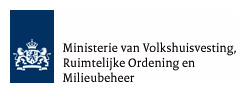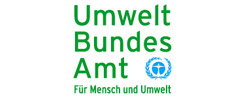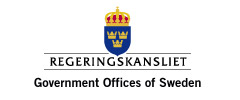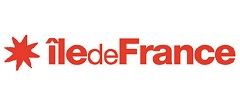WECF made 15 key recommendations for French public consultation on health and environment
Aim of consultation is to implement a national EDCS strategy
10.10.2014 |
Part of the 3rd NEHAP is meant to implement the national EDCS Strategy (SNPE), which has been negotiated and agreed in 2013. Health and Environment will be one of the focus of the next “Environmental Conference”, to begin early October. The NEHAP should be adopted early December, consecutively to a roundtable on Health and Environment with stakeholders during the Environmental Conference.
WECF, one of the NGOs which took part in the working groups elaborating the 3rd NEHAP has released in early September a proposal with 15 key recommendations.
These 15 recommendations are:
1. The prevention of exposure as first priority for PNSE 3
Disease control is more costly than prevention (pollueur-payeur – the polluter pays).
2. Sharing of good practices at the European level
It is cheap to learn from other countries who already have a working system regarding national health. Furthermore, more and more legislation becomes as European affair and no longer national, so it is important to continue the discussion as the European level.
3. Position concerning consumer products
For example by drawing up a list with products that are/ are not fit for consumption or drawing up a list with alternative products.
4. Setting priorities concerning the health of the environment
Substances for which multiple sources have demonstrated that they have a serious effect on health, like EDCs, should get priority.
5. Prioritisation of the protection of vulnerable population groups
(Pregnant women, infants, children, sick or elderly persons, extremely sensitive people, persons who are socially vulnerable etc.)
6. Endocrine disruptors should receive more attention
In Europe as well as in France. Denmark and Sweden are good examples. The money needed to take measures against endocrine disruptors should not only come from public funds, but also from the industries that gain economic advantages from the selling of products containing endocrine disruptors.
7. Knowledge of and dealing with the risks of EDCs
Even though the risks of EDC's are not yet fully understood, these risks must still be taken seriously and be treated as such.
8. Research activities concerning the mixing of hazardous substances
There should come more research into the exposure of multiple hazardous substances, even if it are very small doses.
9. Strengthening the information provision and raise public awareness on the health of the environment
The examples of the Nesting and My House, My Health projects can be taken. Through large-scale media campaigns, the general public should be informed.
10. Strengthening education opportunities for health professionals and professionals concerning the health of the environment
Also the professionals at the heart of our society must be trained and informed, for example gynecologists.
11. Coherence of the terminology used and the content of the plan with the achievements of the previous PNSE and regulations in force
The current incoherence in the use of new terms etc. creates ambiguity. Terms should be well defined and the contents of various reports must correpsond in order to avoid confusion.
12. Improved readability of PNSE3
The contents of PNSE3 are still difficult to understand for the general public. Theme folders are an example of something that is more appealing to the audience.
13. Management and supervision of PNSE3
The actual implementation of the plan at the local level should be better taken into account.
14. Take care of a tailored funding and budget for PNSE 3 (including funding by the "polluter" and the promotion of non-chemical alternatives)
If the aim is to reduce substances of concern there should also be looked at the alternatives, and this should be included in the budget.
15. Drafting and ensuring the implementation of legally binding measures concerning protecting the health of the environment
Related News
Meet the Winners of the Gender Just Climate Solutions Award at COP24
On the 70th anniversary of the Universal Declaration of Human Rights, we awarded Gender Just Climate Solutions Winners at the climate negotiations in Katowice, Poland
11.12.2018
Invitation: Gender Just Climate Solutions Award 2018
10 December, COP24 Katowice
04.12.2018
Getting to the Future We Want
4-7 November, Brussels: European Environmental Bureau’s (EEB) Annual Conference
12.11.2018
GoodFood4All
WECF and partners all over Europe start GoodFood4All Campaign
06.11.2018
#Ruralwomen: join our Women2030 campaign!
15.10.2018







































